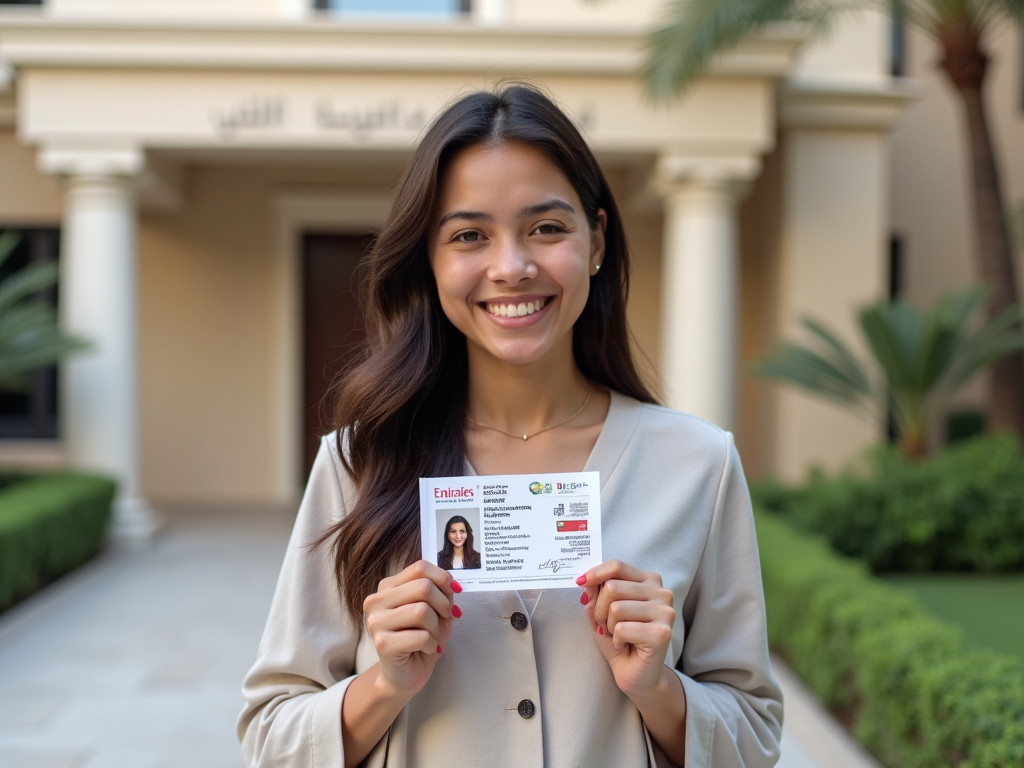Additional Expenses Beyond the IFZA License Fee
The International Free Zone Authority (IFZA) offers a streamlined process for setting up a business in Dubai, appealing to many entrepreneurs. However, the initial license fee is just one aspect of the total investment required to operate a business successfully. In this article, we will explore the various additional expenses that entrepreneurs should consider beyond the IFZA license fee, ensuring a comprehensive understanding of the overall costs involved in establishing a business in this dynamic region.
1. Office Space Costs

One of the primary additional expenses entrepreneurs face when setting up a business under the IFZA is the cost of office space. While some packages may include flexi-desk arrangements, many businesses prefer dedicated office space for better professionalism and privacy. This cost can fluctuate significantly based on the size and location of the office. It’s crucial for entrepreneurs to factor in:
- Rent or lease payments – monthly or annually
- Utility bills including electricity, water, and internet
- Furniture and office supplies procurement
- Maintenance fees and cleaning services
- Deposits required by landlords
A hustler’s mentality goes beyond just licensing; allocating a budget for these necessities will ensure a more sustainable business operation in the long run.
2. Visa and Immigration Costs

Securing visas for yourself and your employees is another crucial expense. The UAE has specific visa regulations for foreign nationals, which can involve the following costs:
- Investor visa for the business owner
- Employee visas for staff and family members
- Medical examination fees, which are mandatory for visa applications
- Emirates ID application fees
- Renewal fees, typically annual, for visas and Emirates IDs
Proper financial planning for these visa-related costs ensures that all operational aspects of the business remain compliant with UAE regulations.
3. Sponsorship Fees
When establishing a business in the UAE, it might be necessary to have a local sponsor, especially for certain activities outside the free zone. This relationship can incur some costs, which might include:
- Annual sponsorship fees ranging from AED 10,000 to AED 50,000 or more
- Profit-sharing agreements with local sponsors, if applicable
- Legal fees for drafting sponsorship agreements
Understanding these fees is critical as they directly impact not only your financial outlay but also the governance structure of your business.
Another essential aspect that goes beyond the basic IFZA license fee is investment in marketing and branding. Establishing a solid market presence requires a budget for the following:
- Website development and maintenance costs
- Social media advertising and promotion budgets
- Print materials such as brochures, business cards, and flyers
- Participation in trade shows and exhibitions
- Hiring marketing professionals or agencies, if necessary
Marketing is critical in a competitive environment like Dubai; thus, neglecting this aspect can hinder growth opportunities.
5. Professional Service Fees
Aside from the licensing fee, businesses often engage various professionals that add to their operational costs. Professional services can include:
- Legal fees for contracts and compliance
- Consultation fees for business setup experts
- Accounting or bookkeeping costs for financial management
- Tax advisory services, especially for expatriates
Making sure to budget for these services can save businesses from future legal issues and ensure smooth operations.
Conclusion
In summary, the IFZA license fee is merely the entry point in establishing a business in Dubai. Entrepreneurs should be well-prepared for the additional expenses that accompany this license. Office space, visas, sponsorship arrangements, marketing, and professional fees all contribute to the cost of doing business in this vibrant environment. By fully understanding and preparing for these costs, business owners can pave the way for successful and sustainable operations in the UAE.
Frequently Asked Questions
1. What is included in the IFZA license fee?
The IFZA license fee typically covers the business license itself, registration with the free zone, and basic support services. However, it does not cover office space or visa costs.
2. Are there any hidden costs in starting a business in Dubai?
Yes, there can be hidden costs such as additional fees for utilities, visa renewals, local sponsorship, and professional services that are not included in the initial setup costs.
3. Is having a local sponsor mandatory for all businesses in Dubai?
No, if you are setting up a business in a free zone like IFZA, a local sponsor is not typically required, but they may be necessary for certain activities outside the free zone.
4. Can I set a budget for my marketing in Dubai?
Absolutely! It’s advisable to set a dedicated marketing budget as part of your initial business plan to ensure that you can effectively promote your business.
5. How often do I need to renew my business license and visas?
Generally, business licenses and residence visas in the UAE are renewed annually, so entrepreneurs should incorporate this recurring cost into their financial planning.





